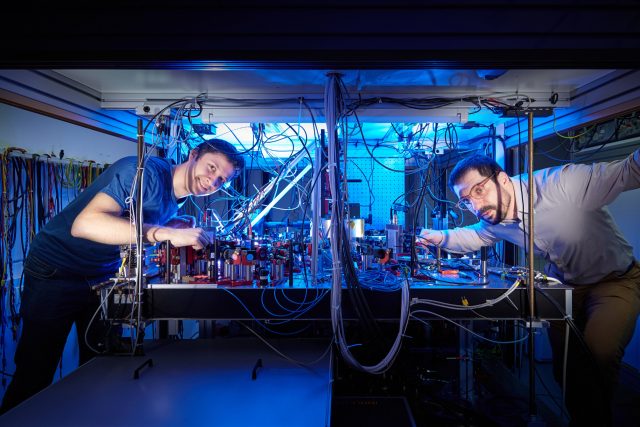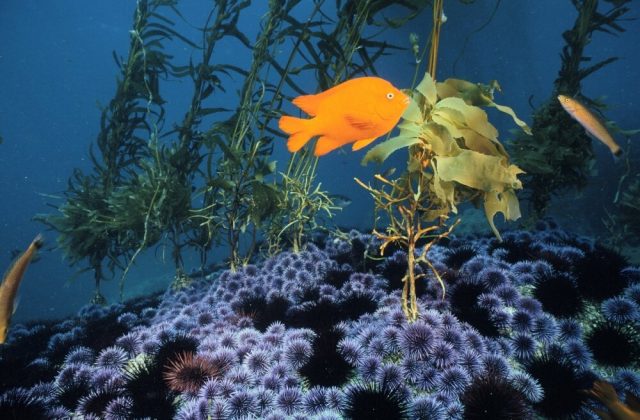The rapid loss of variation within species is a hidden biodiversity crisis, according to the authors of a new study looking at how this variation supports essential ecological functions and the benefits nature provides for people.
Published March 1 in Nature...
Around 2.5 billion years ago, our planet experienced what was possibly the greatest change in its history: According to the geological record, molecular oxygen suddenly went from nonexistent to becoming freely available everywhere. Evidence for the "great oxygenation event"...
The water-to-land transition is a leap in the history of vertebrate evolution and one of the most important scientific issues in vertebrate evolution. Previous studies have shown that vertebrate landing occurred in bony fishes.
A team led by Kunming Institute...
In the last 60,000 years, humans have emerged as an ecologically dominant species and have successfully colonized every terrestrial habitat. Our evolutionary success has been facilitated by a heavy reliance on an ever-advancing technology. Understanding how human technology evolves...
Researchers from the University of Illinois Chicago have discovered a new gene-editing technique that allows for the programming of sequential cuts—or edits—over time.
CRISPR is a gene-editing tool that allows scientists to change the DNA sequences in cells and sometimes add a...
Home gardens are by far the biggest source of food for pollinating insects, including bees and wasps, in cities and towns, according to new research.
The study, led by the University of Bristol and published today in the Journal of Ecology,...
Corn—or maize—has changed over thousands of years from weedy plants that make ears with less than a dozen kernels to the cobs packed with hundreds of juicy kernels that we see on farms today. Powerful DNA-editing techniques such as...
Northwestern University synthetic biologist Joshua Leonard used to build devices when he was a child using electronic kits. Now he and his team have developed a design-driven process that uses parts from a very different kind of toolkit to...
Even in the world of the smallest particles with their own special rules, things cannot proceed infinitely fast. Physicists at the University of Bonn have now shown what the speed limit is for complex quantum operations. The study also...
Duke researchers have been studying something that happens too slowly for our eyes to see. A team in biologist Philip Benfey's lab wanted to see how plant roots burrow into the soil. So they set up a camera on...
Deprive a mountain range of its wolves, and soon the burgeoning deer population will strip its slopes bare. "I now suspect that just as a deer herd lives in mortal fear of its wolves, so does a mountain live...


















